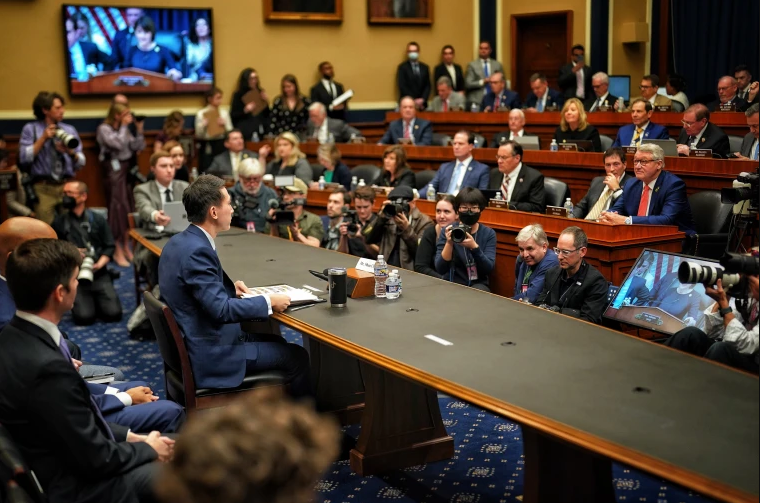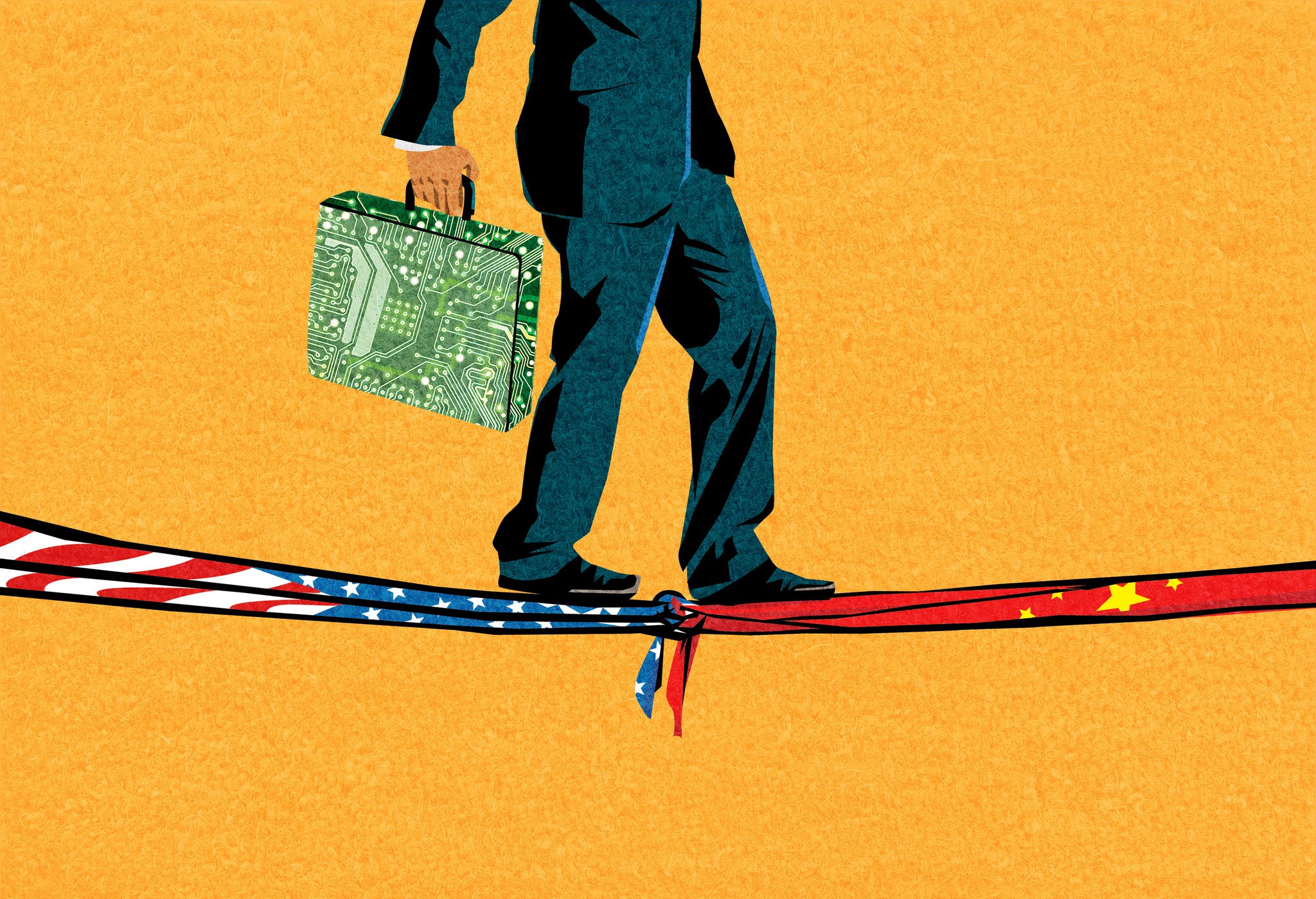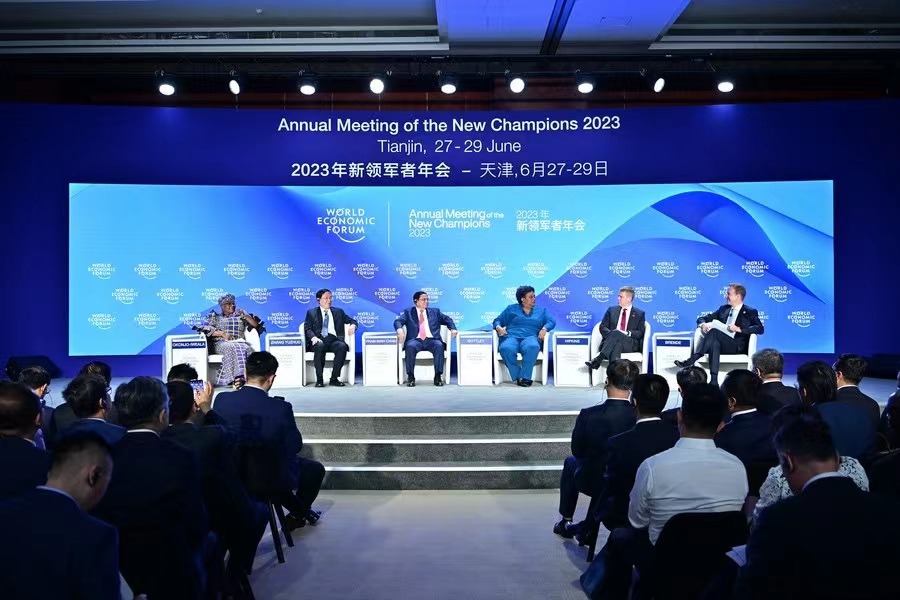Harvey Dzodin, Senior Fellow, Center for China and Globalization
Mar 27, 2024
The US was shocked out of its 20th century global isolationism on December 7, 1941 when Japan attacked Pearl Harbor. Ever since that era when a dirt-poor, war-torn China was still being derided as the “sick man of Asia”, the US has kept trying to maintain its lock on advanced technological global hegemony, doing whatever it takes to be #1, albeit with declining success.

Yu Xiang, Senior Fellow, China Construction Bank Research Institute
Mar 25, 2024
Security threat worries are unfounded. A ban of the platform would only undermine the confidence of international investors and pose significant risks to global economic development. Investors should pay close attention to these risks when making investment decisions.
Chen Jimin, Guest Researcher, Center for Peace and Development Studies, China Association for International Friendly Contact
Mar 25, 2024
The United States and China have opened communication channels in many touchy areas. But they have yet to do so in the field of technology competition, which has risen to a level of sensitivity on par with Taiwan and the South China Sea. It is urgent for the two nations to create such a mechanism now.
Philip Cunningham, Independent Scholar
Mar 22, 2024
What’s the future of TikTok in the U.S.? American politics tend to obscure the nuanced technological issues at hand, and policymakers should shift towards regulating social media platforms as public utilities rather than focusing solely on ownership disputes.

Zhao Minghao, Professor, Institute of International Studies, Fudan University, and China Forum Expert.
Feb 29, 2024
The United States seeks to widen the technology gap with China as much as possible and thus will create more barriers for Chinese research and development. It may even try to push back some of the technological advancements China has made. China needs to prepare for greater pressure.
Zhang Monan, Deputy Director of Institute of American and European Studies, CCIEE
Oct 24, 2023
New regulation on cross-border data to be released by cyberspace authorities is a bold innovation that will spur further breakthroughs in management and create a new balance between development and security interests.
Josephine Wolff, Assistant Professor, Rochester Institute of Technology
Oct 20, 2023
China’s internet regulations and perceived willingness to mobilize its domestic tech industry for espionage have led to preventative measures being taken by the U.S. in the form of bans and sanctions against Chinese tech.
Digby James Wren, Special Senior Advisor, Royal Academy of Cambodia
Jul 12, 2023
Since the Trump administration launched its trade and tech war on China, no evidence whatsoever has been revealed by state-led investigations into US allegation

He Weiwen, Senior Fellow, Center for China and Globalization, CCG
Jul 06, 2023
Tianjin’s AMNC 23 conference provides positive news. It sent out strong signals that a revival of global growth is on the way and provided reassurance that the world is not moving into a lost decade.

Li Zheng, Assistant Research Processor, China Institutes of Contemporary International Relations
Apr 28, 2023
Artificial intelligence may transform human society for the better by releasing people from repetitive work and improving the speed of innovation. But no one is immune from its potential negative social impacts and security threats. Some worry about becoming its victims.